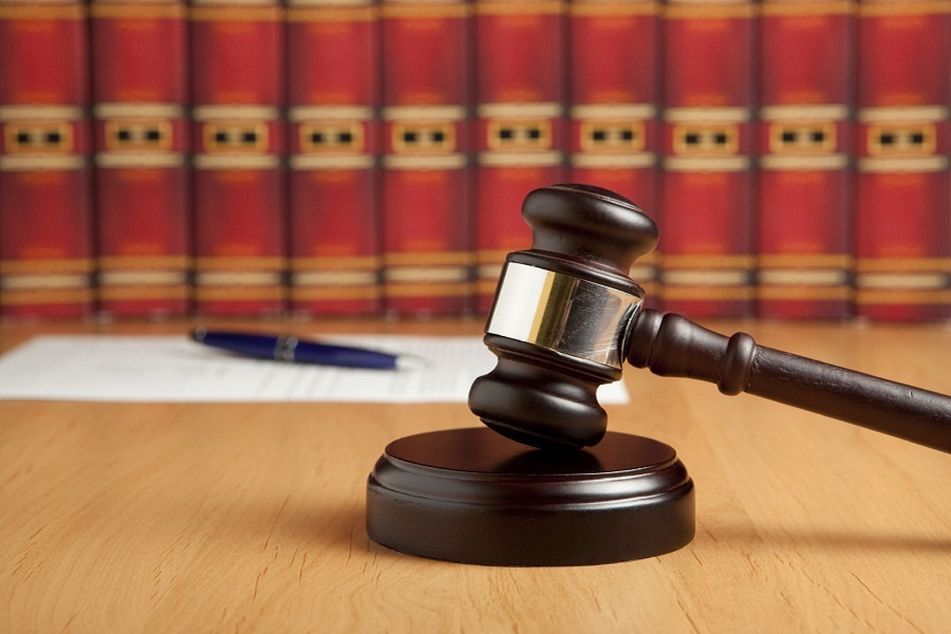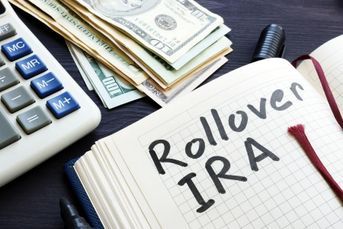Court rules inherited 401(k) funds are protected in bankruptcy

A North Carolina Bankruptcy Court decided that inherited 401(k) accounts do indeed receive creditor protection under ERISA as long as the funds are still in the plan at the time of the bankruptcy filing.
ERISA is the creditor protection gold standard for company retirement plans. But what happens when those plans are inherited? Does the ERISA protection carry over to beneficiaries? One court says “yes.”
In the case of Dockins (In re: Dockins, No. 20-10119), the U.S. Bankruptcy Court for the Western District of North Carolina ruled that inherited 401(k)s do indeed receive creditor protection under the Employee Retirement Income Security Act, as long as those funds are still in the plan at the time of the bankruptcy filing.
The court specifically distinguished inherited ERISA accounts from inherited individual retirement accounts, because IRAs are not covered by ERISA. IRAs are protected in bankruptcy under federal bankruptcy law, but not inherited IRAs.
THE DOCKINS CASE
Kirk Morishita, an employee of Wells Fargo Bank, designated his then-girlfriend, Holly Corbell, as the beneficiary of his Wells Fargo 401(k) account. The relationship didn’t last; several years later, Holly married Chris Dockins. Morishita died while still employed at Wells Fargo and with Holly still as his 401(k) beneficiary. He was apparently unmarried when he died.
Wells Fargo contacted Holly and informed her that Morishita had died, and that she was entitled to his 401(k) benefit. (If Morishita had been married when he died, ERISA would require that his spouse become the beneficiary, unless that spouse waived her rights). Wells Fargo set up an inherited 401(k) account in Holly’s name.
Soon after, the Dockinses filed for Chapter 7 bankruptcy and excluded the inherited 401(k) account from their bankruptcy estate. The inherited account funds were still with the 401(k). That turned out to be a key factor in this case, and one that advisers should take notice of.
The bankruptcy trustee representing the creditors went to court to challenge the exclusion of the inherited 401(k) funds, arguing that the inherited 401(k) was part of the bankruptcy estate and not exempt. The trustee cited Clark v. Rameker, in which the Supreme Court unanimously ruled that inherited IRA funds are not protected in bankruptcy because the funds are not considered “retirement funds” once inherited. But the Clark case involved inherited IRA funds and the Dockins case involved inherited company plan funds covered by ERISA.
The Dockinses argued that Holly’s inherited 401(k) could be excluded based on the Supreme Court’s decision (also unanimous) in Patterson v. Shumate. In that decision, the court ruled that ERISA-covered retirement plan benefits are excluded from the bankruptcy estate under §541(c)(2) of the Bankruptcy Code. The Dockinses also cited several prior bankruptcy cases that held ERISA plan benefits are protected as long the benefits have not been paid out at the time the individual files his or her bankruptcy petition.
THE COURT’S DECISION
The Bankruptcy Court agreed with the Dockinses, stating that the Wells Fargo plan is an ERISA plan — not an IRA. As required under ERISA, the Wells Fargo plan provided that “your 401(k) Plan account cannot be reached by creditors either by garnishment or any other process. Also, you may not pledge or assign your 401(k) Plan account to anyone else.”
So the Bankruptcy Court said it was bound to follow the Supreme Court’s decision in Patterson — that ERISA-covered retirement plan benefits are excluded from the bankruptcy estate — rather than the court’s decision in Clark — that inherited IRA assets are not protected in bankruptcy.
In Patterson, the Supreme Court ruled that 401(k) funds belonging to plan participants are not available to bankruptcy creditors. The Bankruptcy Court had no trouble extending that reasoning to plan beneficiaries.
The Bankruptcy Court cautioned, however, that the protection for inherited 401(k) accounts is lost if the debtor withdraws the account before filing for bankruptcy.
TIMING IS EVERYTHING
The Bankruptcy Court made it clear that bankruptcy protection for inherited 401(k) funds applies only if the bankruptcy filing occurs before the account is distributed. If the funds are paid out before the filing, they become part of the bankruptcy estate and will be exposed to creditors. Advisers with clients about to file for bankruptcy should counsel them to hold off on withdrawing their 401(k) funds, if possible, until after the filing.
LIMITED APPLICATION?
The Dockins case was apparently the first time a court had to decide whether inherited 401(k) funds are protected in bankruptcy. Since this decision came from a lower bankruptcy court, it technically only applies to bankruptcy cases in that court’s district — western North Carolina. It is entirely possible that other bankruptcy courts, or appeals courts, could rule differently.
In the meantime, clients with inherited retirement funds who are considering bankruptcy should be made aware of the distinction in creditor protection this court made between inherited ERISA plan benefits and inherited IRAs.
[More: IRA trustees wipe out an inherited IRA — their own]
For more information on Ed Slott and Ed Slott’s 2-Day IRA Workshop, please visit www.IRAhelp.com.
Cyber resilience considered before White Oak lends to small firms
Learn more about reprints and licensing for this article.








